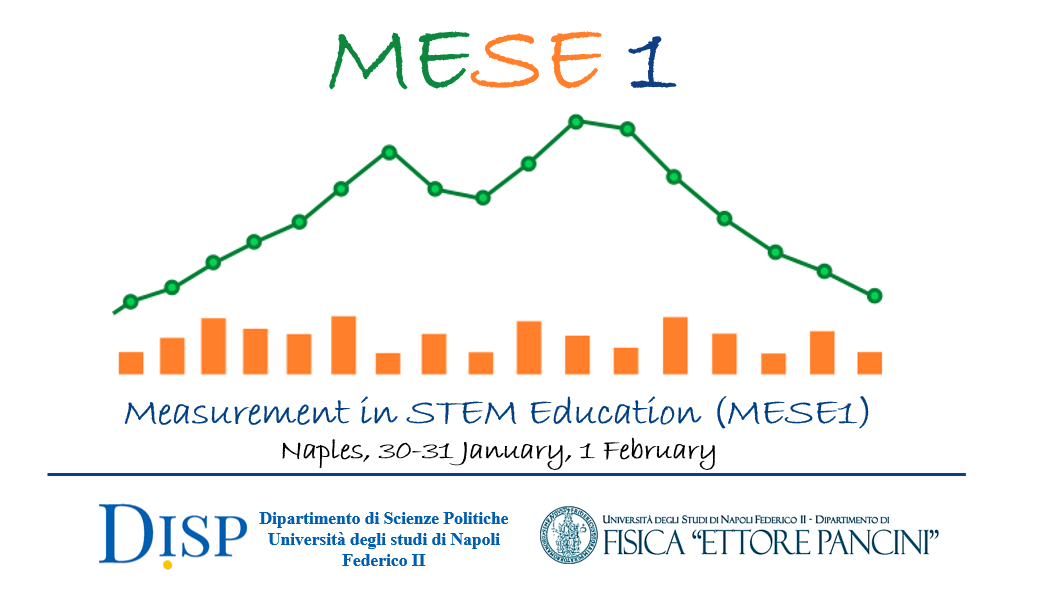Speaker
Description
Learning mathematics is a general problem in Italy, but it is more relevant for females. Male students typically outperform their female classmates in maths test scores from the earliest years of schooling, and the gap worsens as school grades progress.
The different experiences and expectations about potential abilities of boys and girls are key to understanding the possible causes of the observed relative differences in education performance. Early life experiences are essential for developing a child’s cognitive capacities, and environmentally induced gender differences may arise when children are exposed to heterogeneous sources of development opportunities. One of the sources of gender inequalities in mathematics is related to differences in the acquisition of visuospatial abilities between girls and boys from a very young age.
Existing works find that playing with specific toys facilitates learning in maths and science. Boys usually gain more experience than girls because of different parental and educators’ beliefs and behaviour regarding the gender-specific suitability of toys. Moreover, self-confidence and anxiety are not gender-neutral and can affect educational outcomes.
The Matabì project aims to enhance spatial abilities and reduce the gender gap via construction play (i.e., by using building toys and Lego Duplo brick sets). Using the bricks should help students process abstract concepts, while the playful approach should reduce maths anxiety. Girls should benefit more from Matabì than males, who are (on average) able to develop these skills early on in life.
The project started in October 2022, so we would present the overall structure and what has been accomplished so far. This should be engaging in three respects: the teachers' reinforcement of their spatial abilities, the instruments used to collect the outcomes, and the impact evaluation design conducted with Randomized Control Trial (RCT).
Teachers’ training includes a pre- and post-standardised test, the mental rotation section of the Revised Purdue Spatial Visualization Test.
The RCT involves around 60 classes in five schools in Torino (60 teachers and 1200 third and fourth grade pupils). Within each school, we randomly assigned a third of the teachers to the control group and two-thirds to the treatment group.
The study will provide evidence of the effects of teaching methods exploiting construction play. The primary research questions are:
- What is the impact on the spatial abilities of teachers?
- What is the impact on the spatial abilities of pupils?
- How does the impact differ by gender?
- How does the treatment affect the gender gap in mathematics?

